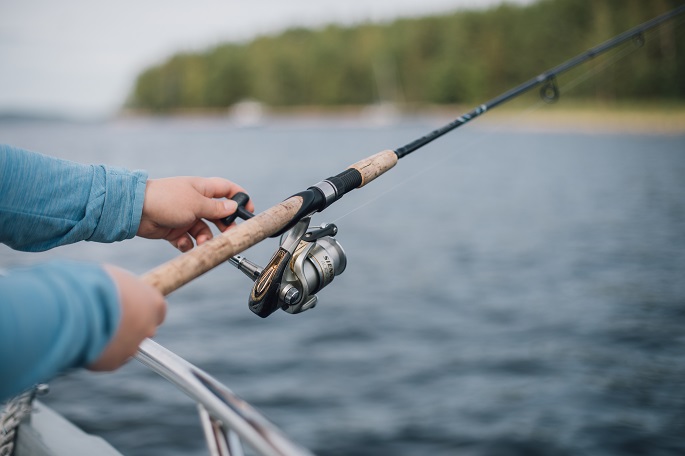More people engage in recreational fishing last year
Published : 27 Oct 2023, 20:47
A total of 1.8 million of people engaged in recreational fishing in 2022 and the number increased significantly compared to the number of 2020, according to the Natural Resources Institute Finland (Luke).
The number of people aged between 25 and 44 years engaged in recreational fishing grew relatively the most, showing an increase of more than 50 per cent from 2020.
The number of recreational fisherpersons grew both among men and women.
A total of 43 per cent of men and 23 per cent of women went fishing. Fishing increased relatively more among women than among men.
In terms of age groups, the number of recreational fisherpersons decreased only among people aged between 18 and 24 years.
Children and young people were the most enthusiastic fisherpersons, as two thirds of boys aged 10–17 years fished in 2022.
“The number of recreational fishermen decreased throughout the early 2000s. Having stabilised around 1.5 million after 2012, the number increased to the 2008 level in 2022,” said Pentti Moilanen, Senior Statistician of Luke.
In 2022, recreational fishermen caught slightly more than 36 million kilos of fish, of which 2.5 million kilos were released alive.
Perch and pike accounted for more than half of the catch. They were followed by pikeperch, which accounted for roughly 12 per cent of the total catch.
“Recreational fishermen account for a significant portion of Finland's total fish catch.. In 2022, the recreational catch was more than five times that of the commercial fishery catch in inland waters. In marine areas, the catches of recreational fishing and commercial fishing were roughly the same if Baltic herring and sprat are excluded from the figures,” said Miikka Husa, Senior Statistician at Luke.
Angling accounted for 54 per cent of the recreational fishery catch. In terms of angling equipment, majority of catch was caught by using a spinning rod or by trolling.
A total of 33 per cent of the catch was caught using gillnets, while the corresponding figure in 2020 was 36 per cent.
Compared to 2020, the most significant increase in the catch was recorded using a rod and line (up by 2 million kilos), trolling (up by 1.3 million kilos) and ice fishing (up by 1.2 million kilos).


